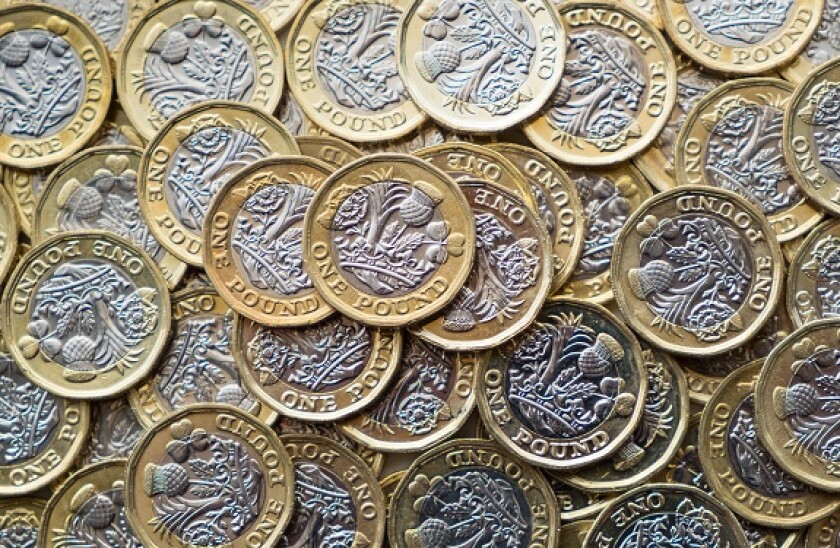The latest UK GDP data released on Tuesday show the extent of the damage to the economy from the Covid-19 pandemic. After a 20.3% slump in April, the UK managed just a 1.8% rebound in May. Economists had been hoping for 5.5%.
It is clear that the easing of lockdown measures in May did not stimulate the UK economy as much as had been anticipated.
So what’s next? With much of the hospitality industry now reopening, the UK has announced it will give everyone a 50% discount in restaurants and cafés on selected days in August, up to £10 a head. This is a commendable step by Sunak, alongside a cut in VAT on most hospitality and tourism services from 20% to 5%.
To stimulate the housing market, he has temporarily raised the threshold for paying stamp duty on house purchases from £125,000 to £500,000.
Across the economy, the furloughing scheme that has paid the wages of employees sent home because of Covid shutdowns will end in October, but Sunak has offered to pay £1,000 to employers for every furloughed worker they retain until the end of January, at an estimated cost of £9bn.
There is also £3bn for green building renovations and £5.8bn for construction work in hospitals, schools and other sectors, as well as £1.6bn for employment support, training and apprenticeships.
But as observers have pointed out, this will leave many gaps. A VAT cut only for hospitality and tourism "ignores industries like retail and aviation that are crying out for additional help," argued Marvin Rust at management consultants Alvarez & Marsal.
The Resolution Foundation, a think tank, has called for a broader voucher scheme for the entire High Street, with £500 vouchers issued to every adult in the UK for the retail and hospitality industries and £250 for children.
But while this would get cash moving in the real economy, there is no guarantee that these vouchers would be used en masse. After months in lockdown and with the virus still lurking, many people are afraid to go out shopping. Many have also suffered financially from the pandemic, so may not be eager to spend money in shops and cafés.
A better proposal would be to simply print cash and hand this to people to spend as they see fit — a policy which has come to be known as ‘helicopter money’.
A year ago, GlobalCapital argued that the next crisis would need to be tackled with new fiscal and monetary tools including helicopter money, as the power of conventional tools had been exhausted. This is exactly the situation we are in.
Economists mean different things by helicopter money. Some think of it as central banks buying government bonds, to enable the state to spend or give tax cuts — and issue non-interest-bearing reserves (otherwise known as cash) to finance this.
But the more extreme and raw idea is simply to transfer a sum of money into people’s bank accounts. This has many attractions.
First, it is more tangible to ordinary people than the conventional quantitative easing method of the central bank printing money to buy bonds. The policy's directness would strike home, especially at a time of distress and when questions are being raised over the effectiveness of the UK government’s handling of the pandemic.
Allowing the public to spend money how they want, with as few restrictions as possible, is also arguably the best way to achieve the desired ‘V-shaped recovery’ and hence to stimulate inflation as a countervailing force to deflation.
Germany has announced such a measure as it braces for its worst recession in 70 years. The government will hand €300 per child to every family, as part of a €130bn stimulus package, dwarfing the £30bn Sunak announced last week. The US is also examining a similar one-off payment.
With a potentially disastrous double hit looming, from Covid-19 and a no deal Brexit, the UK would be wise to follow their example with an unprecedented economic stimulus.
At £500 a head, it would cost £33.4bn. Funded conventionally through government borrowing, it would add 1.7% to the national debt as of the end of May, but with Gilt yields negative out to five years, and only 0.15% at 10 years, it would cost the government very little.
From a debt sustainability point of view, raising GDP is likely to be far more important at this stage than holding down the numerator — the debt quantum. And for that, the essential ingredient is confidence.
But creating the money out of thin air — though anathema to economic purists — is an experiment well worth trying at this point in economic history. The coronavirus is a (so far) unique situation that justifies an unprecedented measure.
The big fear about money-printing has always been that it would cause a loss of confidence in the currency, and inflation. With inflation last seen at 0.5%, far below the Bank of England's 2% target, and heading south, a spot of price rises would do no harm.
If the medicine proves to have nasty side-effects, it can be stopped. But unless it is tested, how can anyone know? It's time for a clinical trial.

